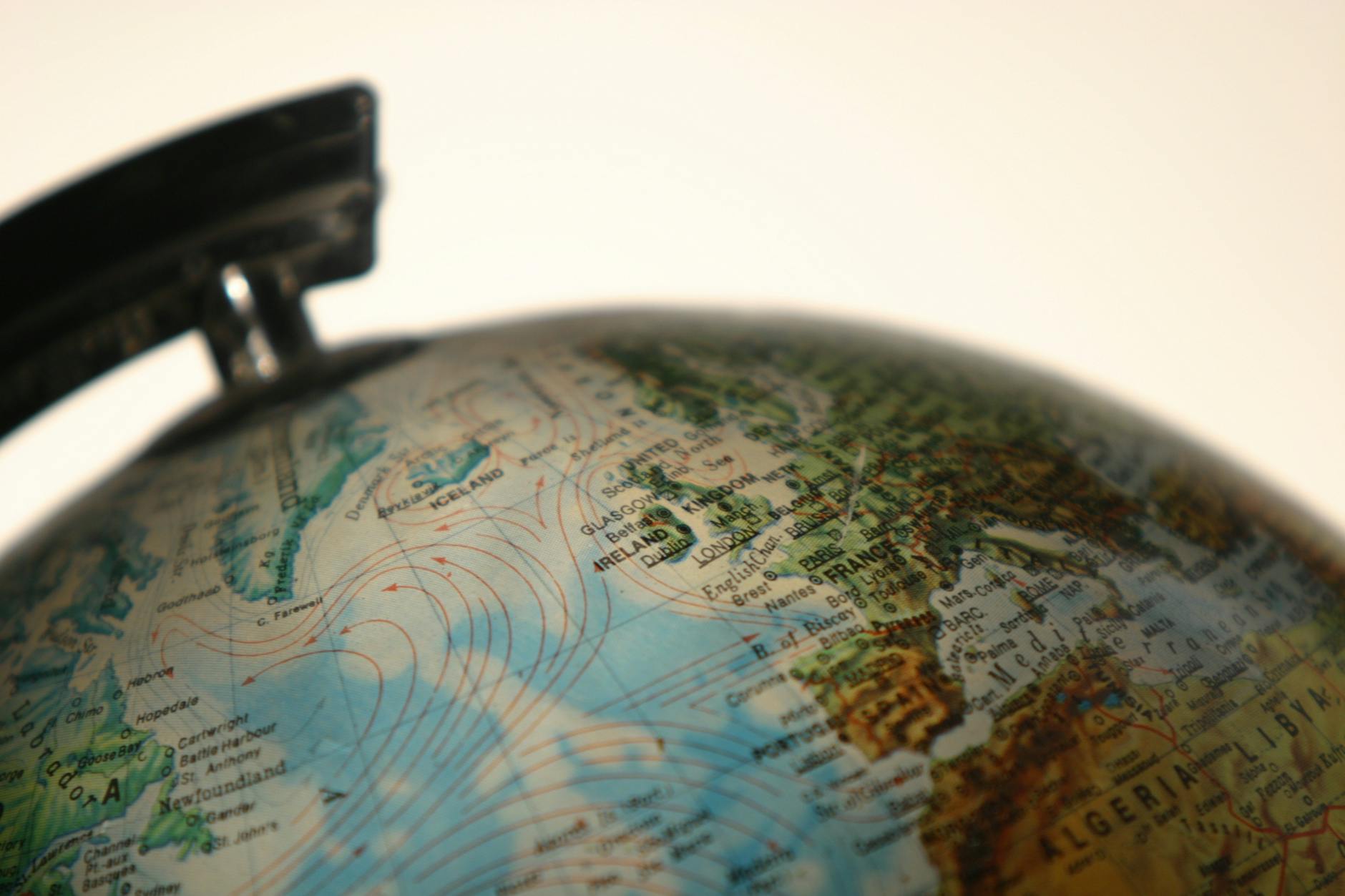The list of Portuguese speaking countries in the world reflects the global reach and lasting legacy of the Portuguese language. Portuguese is a Romance language that originated in the Iberian Peninsula and has since become one of the most widely spoken languages across multiple continents. Through the maritime explorations and colonial expansion of Portugal during the Age of Discovery, the language spread far beyond Europe to parts of Africa, Asia, and South America.
Today, Portuguese is the official language of 9 sovereign countries spread across four continents, forming what is known as the Lusophone world (Países Lusófonos). These nations are bound by a shared linguistic, cultural, and historical heritage and play an important role in international diplomacy, trade, and global cooperation. Understanding the list of Portuguese speaking countries in the world provides insight into the cultural and political influence of the language and its significance on a global scale.

Table of Contents
- Introduction
- Meaning
- The Spread of the Portuguese Language
- How Many Countries Speak Portuguese Officially?
- Full List of Portuguese-Speaking Countries
- Portuguese Language Variations
- Importance of Portuguese as a Global Language
- Conclusion
Meaning
Portuguese-speaking countries, also known as Lusophone countries, are nations where Portuguese is recognized as an official or national language used in government, education, media, and daily communication. The term “Lusophone” comes from “Lusitania,” the ancient Roman name for the region that is now Portugal. These countries share not just a common language but also cultural and historical ties rooted in Portuguese colonial history.
In a global context, Portuguese-speaking countries are found in Europe, South America, Africa, and Asia, making Portuguese a transcontinental language. The influence of Portuguese in these countries goes beyond language—it extends to legal systems, education, religion, literature, and diplomatic cooperation through organizations like the Community of Portuguese Language Countries (CPLP).
READ ALSO
The Spread of the Portuguese Language
The Portuguese Empire, one of the oldest colonial empires in the world, began in the 15th century. Portuguese explorers, traders, and missionaries established settlements and ports in South America, Africa, and Asia. The language was introduced through administration, religion, and education and became embedded in local governance and identity. Even after independence, many of these countries retained Portuguese as their official language due to its unifying role across ethnolinguistic groups.
How Many Countries Speak Portuguese Officially?
As of today, there are 9 independent countries where Portuguese is the official language. Additionally, there are several territories and regions where Portuguese is spoken widely or recognized alongside other languages.
Full List of Portuguese Speaking Countries
| No. | Country | Continent | Capital |
|---|---|---|---|
| 1 | Portugal | Europe | Lisbon |
| 2 | Brazil | South America | Brasília |
| 3 | Angola | Africa | Luanda |
| 4 | Mozambique | Africa | Maputo |
| 5 | Cape Verde (Cabo Verde) | Africa | Praia |
| 6 | Guinea-Bissau | Africa | Bissau |
| 7 | São Tomé and Príncipe | Africa | São Tomé |
| 8 | East Timor (Timor-Leste) | Asia | Dili |
| 9 | Equatorial Guinea | Africa | Malabo |
Note: Portuguese is one of three official languages in Equatorial Guinea, alongside Spanish and French.
Portuguese Language Variations
Although all these countries use Portuguese, the language varies significantly in accent, vocabulary, and grammar across regions:
- European Portuguese (spoken in Portugal) is more conservative in pronunciation.
- Brazilian Portuguese is known for its open vowels, nasal sounds, and unique slang.
- African Portuguese blends with local languages and dialects, producing distinct regional forms.
- Asian Portuguese in East Timor is influenced by Malay and Tetum languages.
Despite these differences, mutual intelligibility among Portuguese speakers remains relatively high, especially in formal and written contexts.
Importance of Portuguese as a Global Language
Portuguese is the 6th most spoken language in the world, with over 260 million speakers. It serves as a working language for many international organizations, including:
- The Community of Portuguese Language Countries (CPLP)
- The African Union
- The European Union (for Portugal)
- Mercosur and other South American regional bodies (for Brazil)
Portuguese plays a major role in international diplomacy, education, media, and global business, especially in Africa and South America, where it links developing economies to global markets.
RELATED ARTICLES
Frequently Asked Questions (FAQ)
Q1: How many countries in the world officially speak Portuguese?
Answer: 9 countries.
Q2: Which is the only Portuguese-speaking country in South America?
Answer: Brazil.
Q3: What is the name of the organization that unites Portuguese-speaking nations?
Answer: The Community of Portuguese Language Countries (CPLP).
Q4: Name three Portuguese-speaking countries in Africa.
Answer: Angola, Mozambique, and Cape Verde.
Q5: Which European country is the origin of the Portuguese language?
Answer: Portugal.
Q6: Is Portuguese the only official language in Equatorial Guinea?
Answer: No, Portuguese is one of three official languages, alongside Spanish and French.
Q7: What is the capital of East Timor, a Portuguese-speaking country in Asia?
Answer: Dili.
Q8: Which African island country has Portuguese as its official language?
Answer: São Tomé and Príncipe.
Q9: How many people speak Portuguese worldwide?
Answer: Over 260 million people.
Q10: What is the main difference between Brazilian and European Portuguese?
Answer: Brazilian Portuguese has more open vowels and nasal sounds, while European Portuguese is more conservative in pronunciation.
READ ALSO
Conclusion
The Portuguese language is a powerful thread connecting diverse cultures and continents. From the vibrant cities of Brazil to the island nation of East Timor, Portuguese serves as a language of unity, governance, and identity. With 9 Portuguese-speaking countries forming the global Lusophone community, this language continues to grow in influence and reach. Whether in literature, diplomacy, or development, Portuguese remains one of the world’s key international languages.
